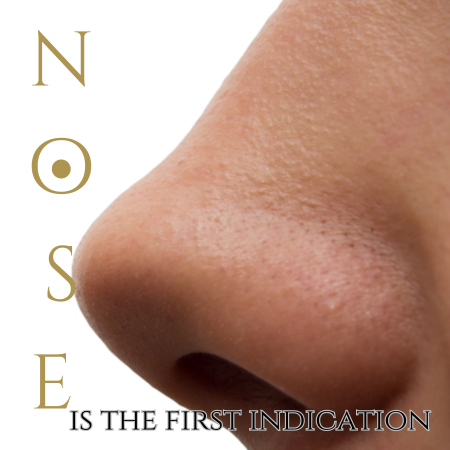Addressing Vitamin D Deficiency
If you suspect you may be deficient in vitamin D, it is essential to consult with a healthcare professional for proper diagnosis and treatment. A simple blood test can determine your vitamin D levels, and your healthcare provider can recommend appropriate supplementation if necessary. Additionally, spending time outdoors in sunlight and consuming vitamin D-rich foods such as fatty fish, fortified dairy products, and egg yolks can help maintain optimal vitamin D levels.
Conclusion
Vitamin D deficiency is a common yet often overlooked health issue that can have significant consequences if left untreated. Recognizing the symptoms of vitamin D deficiency and taking steps to address it is crucial for maintaining overall health and well-being. By understanding the importance of vitamin D and its role in the body, individuals can take proactive steps to ensure they maintain optimal vitamin D levels and enjoy better health.


